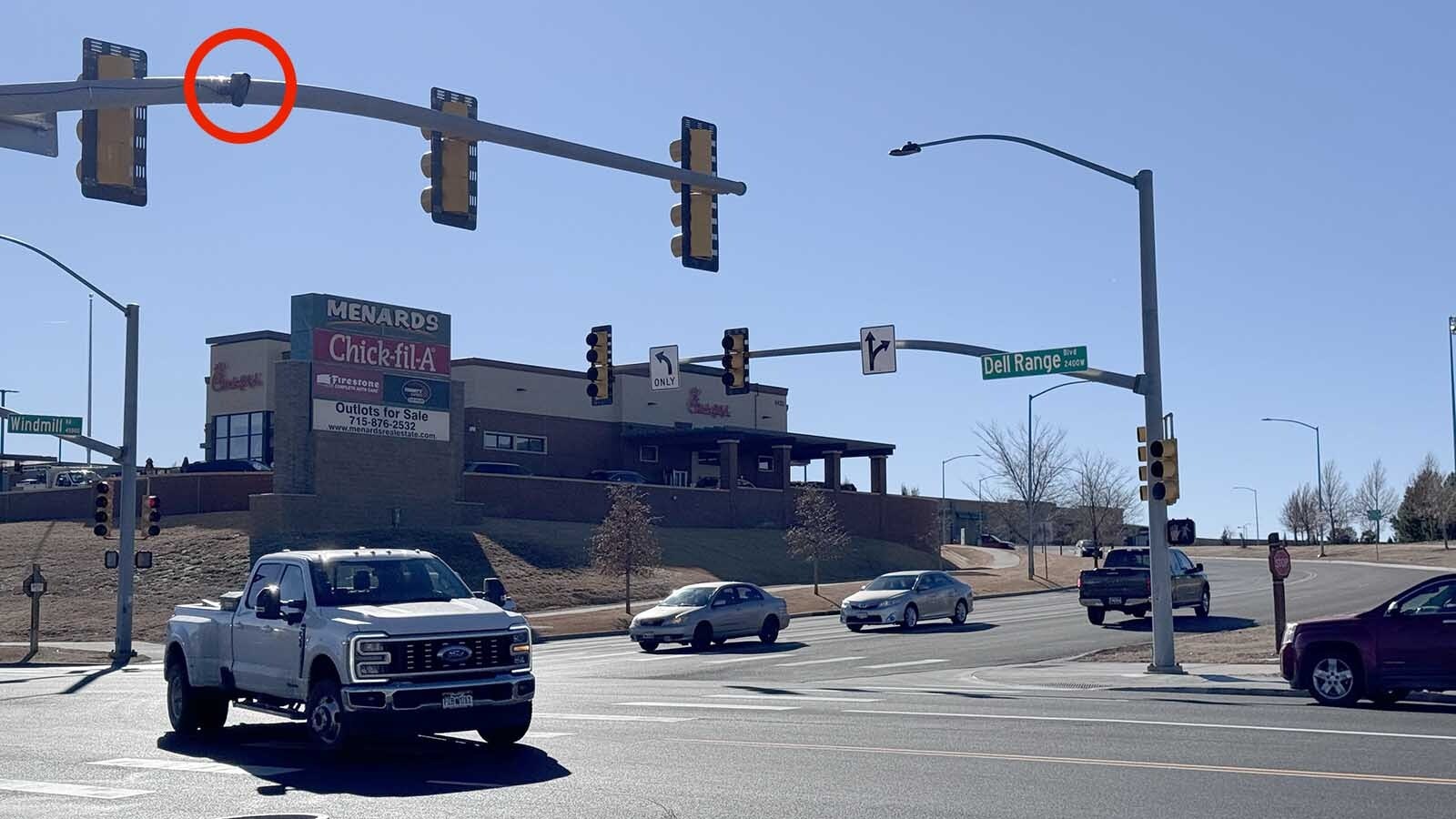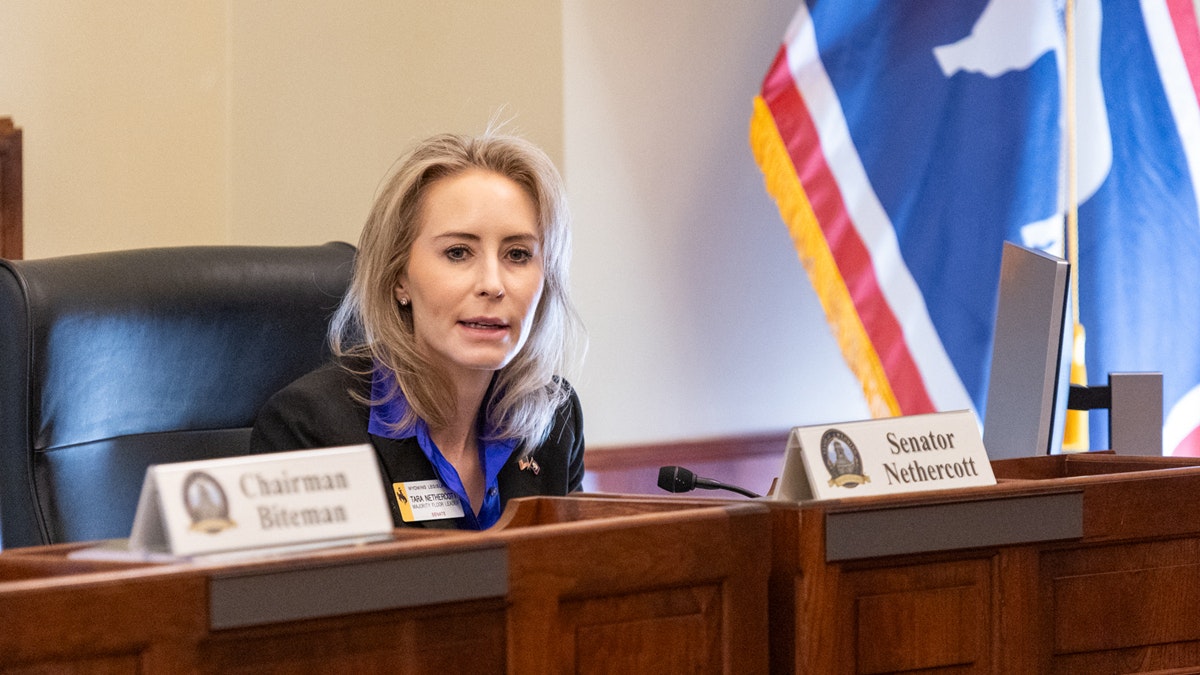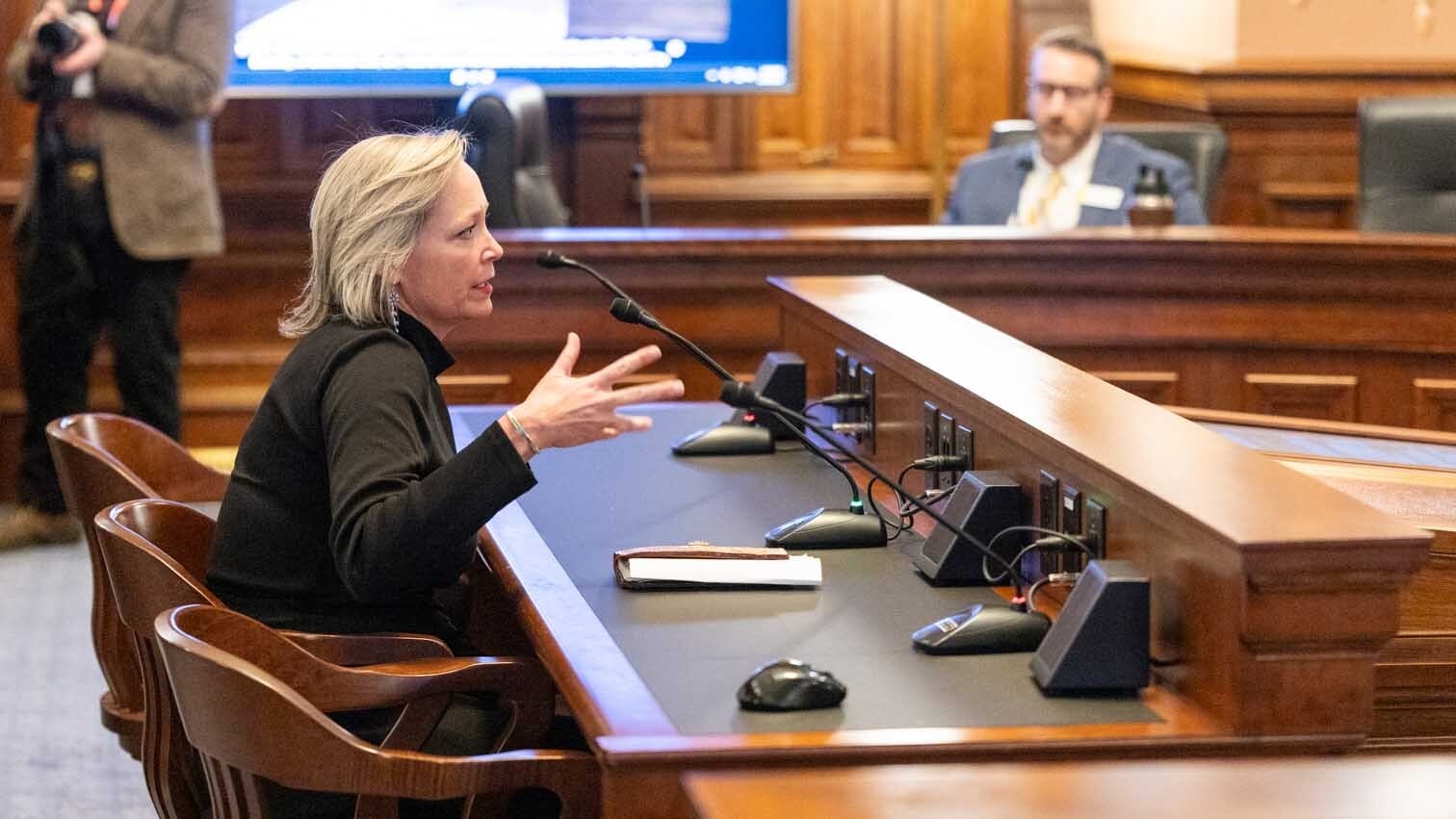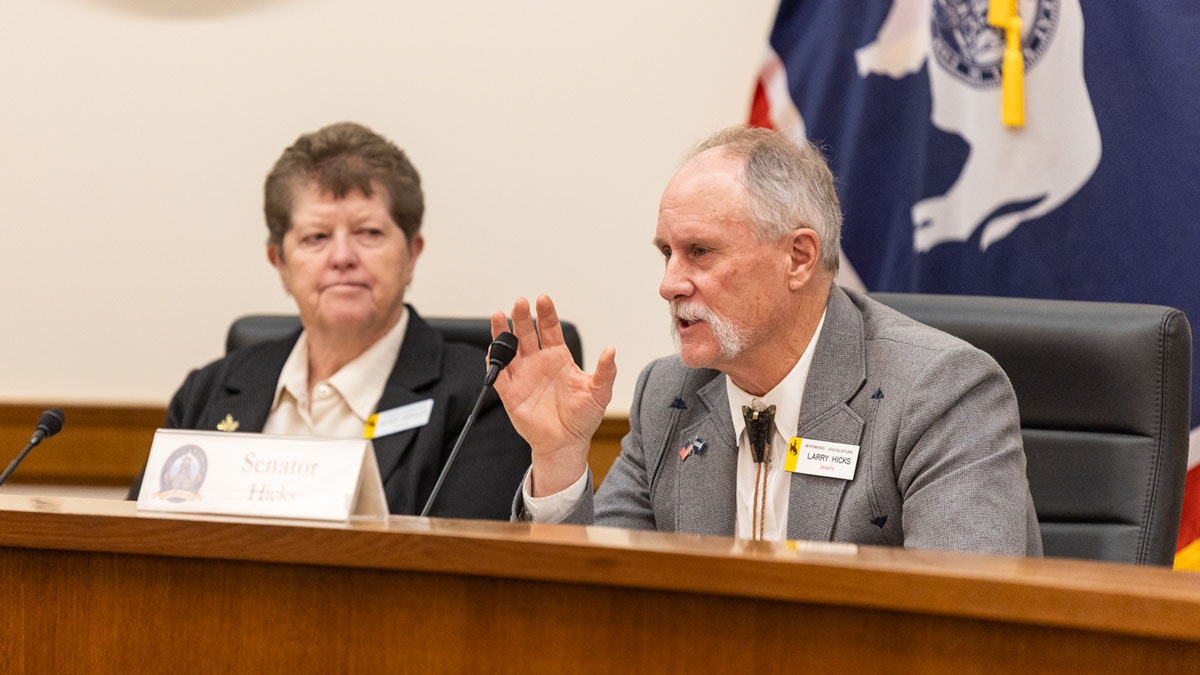There’s something about Wyoming that fascinates people around the nation — cowboys, Western culture and now, its politics.
Wyoming lawmakers are more frequently being sought out as sources and for interviews by out-of-state media outlets and audiences.
Last week, House Speaker Albert Sommers, R-Pinedale, was on the WNYC radio “Death, Sex & Money” podcast to share the story of his life and marriage with his wife, Sue Sommers. WNYC is one of the largest radio stations in New York City, and “Death, Sex & Money” is one of the biggest society and culture podcasts in the world.
Toward the end of the 37-minute episode that mostly focused on his life in ranching and relationship with his wife, Sommers shared some of his views on politics and his belief in the institution and processes developed for the Wyoming Legislature.
“These processes and these institutions are what keep our democracy intact, and when you assault the institution, when you use incivility to diminish the institution, really what you’re doing is diminishing your ability to solve problems and have a democracy,” Sommers said.
Resistant To Pressure
Sommers also said he’ll never be bullied or intimidated.
During the 2023 legislative session, the speaker was the target of a wave of national backlash for his decision to keep certain bills in his Speaker’s drawer — or not introduce legislation that the Freedom Caucus wanted heard on the House floor.
This included bills that would have established a scholarship fund to send some students to private schools, ban the teaching of gender identity and sexual orientation to young children and ban doctors from performing transgender surgeries on children in Wyoming.
Fox News covered Sommers’s not introducing those bills, as did a few other conservative news outlets. It also got the attention of a few Congress members like U.S. Rep. Harriet Hageman.
Sommers said he isn’t intimidated by outside pressure.
“I got too many hard heads in my background to be intimidated,” Sommers said on the podcast.
Many members of the Wyoming Freedom Caucus criticized and described Sommers’ refusal to let the bills out his drawer as disregarding the will of the Wyoming people.
In a May op-ed in Cowboy State Daily, Sommers said that the Republican Party doesn’t have to uniformly agree on every issue to get work done. He also accused the Freedom Caucus of pandering to a national agenda “instead of seeking Wyoming solutions to Wyoming problems,” a common phrase used by members of the Wyoming Caucus that Sommers belongs to and Gov. Mark Gordon.
“I believe Wyoming Republicans remain 'a party for free men/women, not blind followers, and not conformists,' and yet the media, hardline conservative pundits, state party leaders and the Freedom Caucus want to push all Republicans into the round hole of conformism when we are truly the square peg of diversity,” Sommers wrote.
In late October, Gov. Mark Gordon spoke at Harvard University about his belief that Wyoming is committed to becoming a carbon negative state. These comments also drew backlash from the Freedom Caucus and another story by Fox News.
Also in October, Wyoming Superintendent of Public Instruction Megan Degenfelder testified at a congressional hearing aimed at “combating graphic, explicit content in school libraries.”
Sommers told Cowboy State Daily he wasn’t concerned about receiving negative attention for appearing on an out-of-state podcast because of the mostly benign, human interest-type focus to the episode.
“It really wasn’t a concern to me,” he said. “It’s about ranching and the challenges with relationships.”
A Ranching Life
Sue Sommers brought up in the podcast how she sees herself as much more liberal than her husband. Despite their disagreements, she said they are always able to meet in the middle.
“Sometimes not agreeably,” she said, Albert audibly chuckling in the background. “But we keep talking until we understand each other, and if we can make a compromise that’s what we do.”
Sue Sommers moved to Wyoming in the early 1990s and quickly grew roots in her community when she took a job at the Pinedale Roundup newspaper.
Sommers grew up in Sublette County, working and tending to the ranch that has been in his family since 1907. On the podcast, he shared the story of his upbringing on the family ranch that he still devotes his life to .
“There’s an internal obligation in my head that’s for anything ranching,” Sommers said. “So, anything … that Sue wants me to pull away from that, the first thing out of my mouth is no.”
Sommers awoke one day at the age of 38 and realized he didn’t want to be alone for the rest of his life, intensely focused on his ranching duties up until that point.
After seeing Sue around town a bit, Sommers finally summoned up the courage to talk to his future wife at a BLM meeting in town.
“Most productive meeting I’ve had with the federal government in my life,” Sommers said.
Sommers acknowledged that he has a stubborn streak, which also connects to his dedication to the land. He was taught from an early age that tending to the ranch should be the most important thing in his life.
“It was your life,” Sommers said.
He and his wife also spoke of how rapidly increasing property values and wealthy developers have eaten away at some of the ranching culture in his part of Wyoming.
“The new buyers aren’t doing the work, they’re watching somebody else do the work,” Sue Sommers said. “Or sometimes they’re just being absentee landlords.”
Although the couple could easily sell off their land and earn a huge chunk of money to support their retirement, Albert Sommers said that would be antithetical to their entire way of life.
“That’s the key, right? The value of the land itself in your heart is worth so much,” Sommers said. “It’s worth more than the money you get out of it. This is a peace I’m going to have going to the grave. What price tag do you put on that?”
How Did WNYC Find Them?
Sommers’ connection with the New York podcast is not as random as it may seem on the surface.
The host of the podcast, Anna Sale, has spent significant time in Wyoming and spends several months living in Cody each year. She was married at the Buffalo Bill Center of the West, according to a 2021 Yellowstonegate.com story.
Sommers said he has also known her husband Arthur Middleton for many years due to their work and time serving on various panels studying migration corridors in Wyoming. Middleton has been honored for his research on elk migration around Cody and Yellowstone National Park.
Sale’s profile on the Sommers couple is not the first time that she has covered Wyoming in an episode on her well-known podcast. In 2022, she did a podcast episode on the state’s 988 suicide hotline.
Leo Wolfson can be reached at leo@cowboystatedaily.com.





